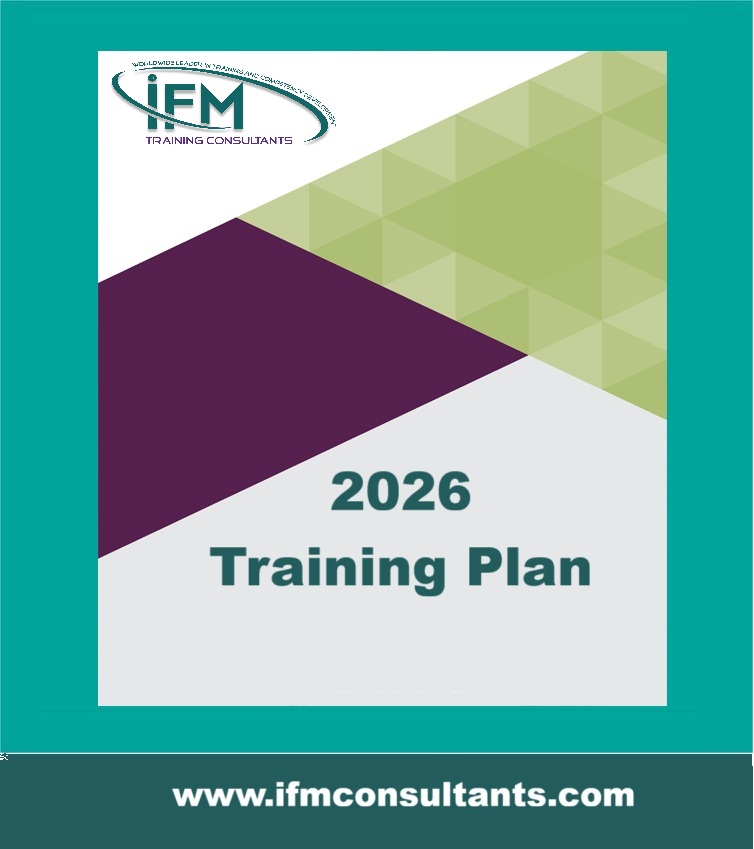Petroleum Refining-Production Planning, Scheduling and Yield Optimisation
| Start Date | End Date | Venue | Fees (US $) | ||
|---|---|---|---|---|---|
| Petroleum Refining-Production Planning, Scheduling and Yield Optimisation | 28 Dec 2025 | 01 Jan 2026 | Dubai, UAE | $ 3,900 | Register |

Petroleum Refining-Production Planning, Scheduling and Yield Optimisation
| Start Date | End Date | Venue | Fees (US $) | |
|---|---|---|---|---|
| Petroleum Refining-Production Planning, Scheduling and Yield Optimisation | 28 Dec 2025 | 01 Jan 2026 | Dubai, UAE | $ 3,900 |
Introduction
This course is specifically designed to identify and resolve issues of production planning and scheduling in petroleum refineries that are most commonly encountered by refinery personnel working in this area. Issues of operations scheduling for petroleum refining are discussed in depth. It will also be enhanced with planning and scheduling examples and will provide relevant background information on the subject.
Additionally, the course will present a detailed overview of refining process yields, from the crude oil feed to the finished products. Major refining processes are presented and discussed, including feedstock, feedstock preparation, operating conditions, catalysts, yields, product properties, and economics. The program is oriented toward the practical aspects of refinery operations as well as the terminology and economics of refining.
Objectives
- Gain an appreciation of modern planning and scheduling tools that will be useful for planning of crude and product deliveries in their facilities
- Assist in improved operations, optimization, upgrading and modification of existing facilities
- Will result in improved profitability and help in continuous modernization of facilities
- Act as a primer into the industry of Petroleum Refining to maximize process fluid yields
- Familiarize industry professionals with all processes associated with the processing of petroleum into finished products
- Equip new engineers into the industry, with the basic tools for understanding the complex nature of Refining and its operations
By the end of the course, participants will be able to:
Training Methodology
This is an interactive course. There will be open question and answer sessions, regular group exercises and activities, videos, case studies and presentations on best practice and the fundamentals of shutdown and turnaround management. Participants will have the opportunity to share with the facilitator and other participants on what works well and not so well for them, as well as work on issues from their own organizations.
Who Should Attend?
This training course is intended for:
- Refining Professionals working in the industry either as refining technologists or in refining operations and engineers
- All Professionals involved in Production, Planning, and Scheduling
- Process Engineers and Technologists engaged in planning and scheduling activities and who are required to understand and discuss issues related to their industry
- Operations Personnel including Shift Supervisors
- Marketers and Refinery Planners
- Blending Professionals
- Refining Technologists
- Other Engineers who would like a further understanding of the complex refining processes
- Accountants, Marketers and other Professions who would like understand the complexities and terminology of Production Planning & Scheduling in Petroleum Refineries
- Anyone who wishes to update themselves on the methods used in this important field and learn how to implement error free methods for the benefit of their organizations
Course Outline
DAY 1: Application of Planning and Scheduling
- Overview of planning and scheduling in oil refineries
- Refinery Configuration:
- Hydro skimming Refinery
- Refineries with Secondary Conversion Process
- Integrated Refineries
- Existing & New Refineries
- Choice of Crude
- Crude oil scheduling
- Choice of Processes
- Capacity utilization of Crudes
- The severity of Process Operations
- Cut-points Optimization
- Facing Upset Situations
- Tankage Requirement
Improving Product Movements and Releasing Tankages
- Basic Information Required
- Crude Assay
- Intermediate Feed Characteristics
- Yields and Properties
- Different Process Units
- Utilities
DAY 2: Product Blending Rules
- Product Specifications
- New Trends in fuel production
- Environmental Issues
- Crude Cost
- Product Netback
Formulation of Problem
- Refinery Flow-sheets
- Simplified Material Balance
- General Formulation
- Demand Equations
- Product Inventory Control
- Product Quality Control
- Fixed Composition Blend
- Capacity Control/ Constraints
- Availability of Feedstock/ Control
DAY 3: Application to a Refinery Worksheet
- Petroleum Product Movement and Product Exchange
- Marginal Depot Supply and movements
- Commonly Used Methods & Recent Developments
- Mathematical Approach to Solution
- Linear Programming
- Graphic Method
- Vendors Software
Crude Oil Yields Refinery Technology
- Introduction
- Crude Oil Origins & Characteristics
- Crude oil Assay and properties
- Crude oil products
- Product specifications
- Gasoline
- Kerosene/ Jet Fuel
- Fuel Oil/ Diesel Fuels
- Petrochemical Feedstocks
- Refineries Complexity
- Overall refinery flow: Interrelationship of processes
Day 4: Petroleum Refinery Processes
- Crude Processing
- Desalting
- Atmospheric distillation
- Vacuum distillation
- Heavy Oils Processing – Cocking and Thermal Processes
- Delayed Coking
- Fluid Coking
- Flexicoking
- Visbreaking
- Case study – for example
Process for Motor Fuel Production
- Fluid catalytic cracking
- Hydrocracking
- Cat Cracking
- Isomerization
- Alkylation
- Hydrotreating
- Catalytic Reforming
- Case study – for example
DAY 5: Supporting Operations
- Blending for Product Specifications
- Hydrogen production
- Refinery Gas Plants
- Acid Gas Treating
- Sulfur Recovery Plants
- Case study – for example
Refinery Economics
- Residue Reduction
- Asphalt and Residual Fuel
- Cost Estimation
- Economic Evaluation
- Case Studies
- Group Discussions

















